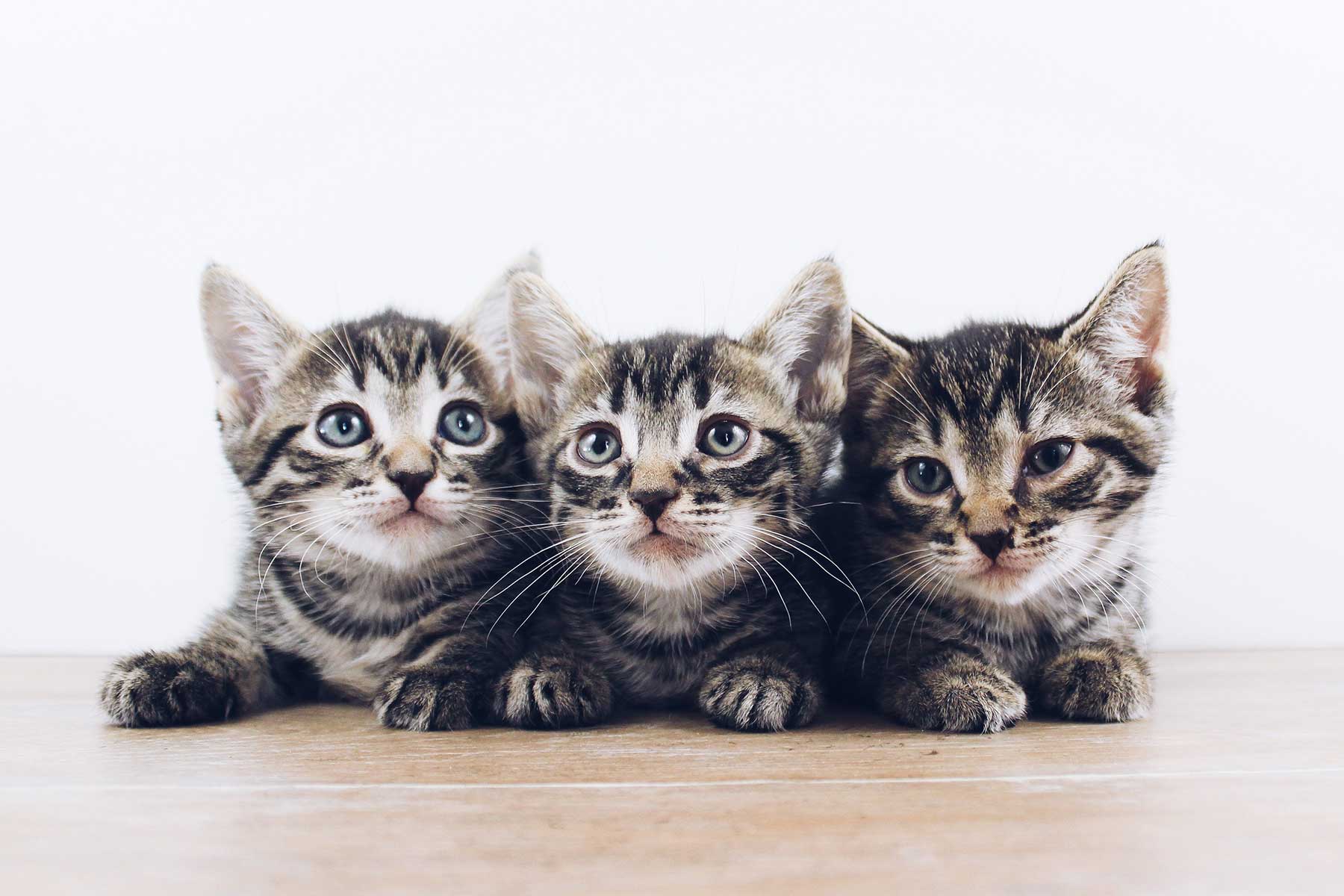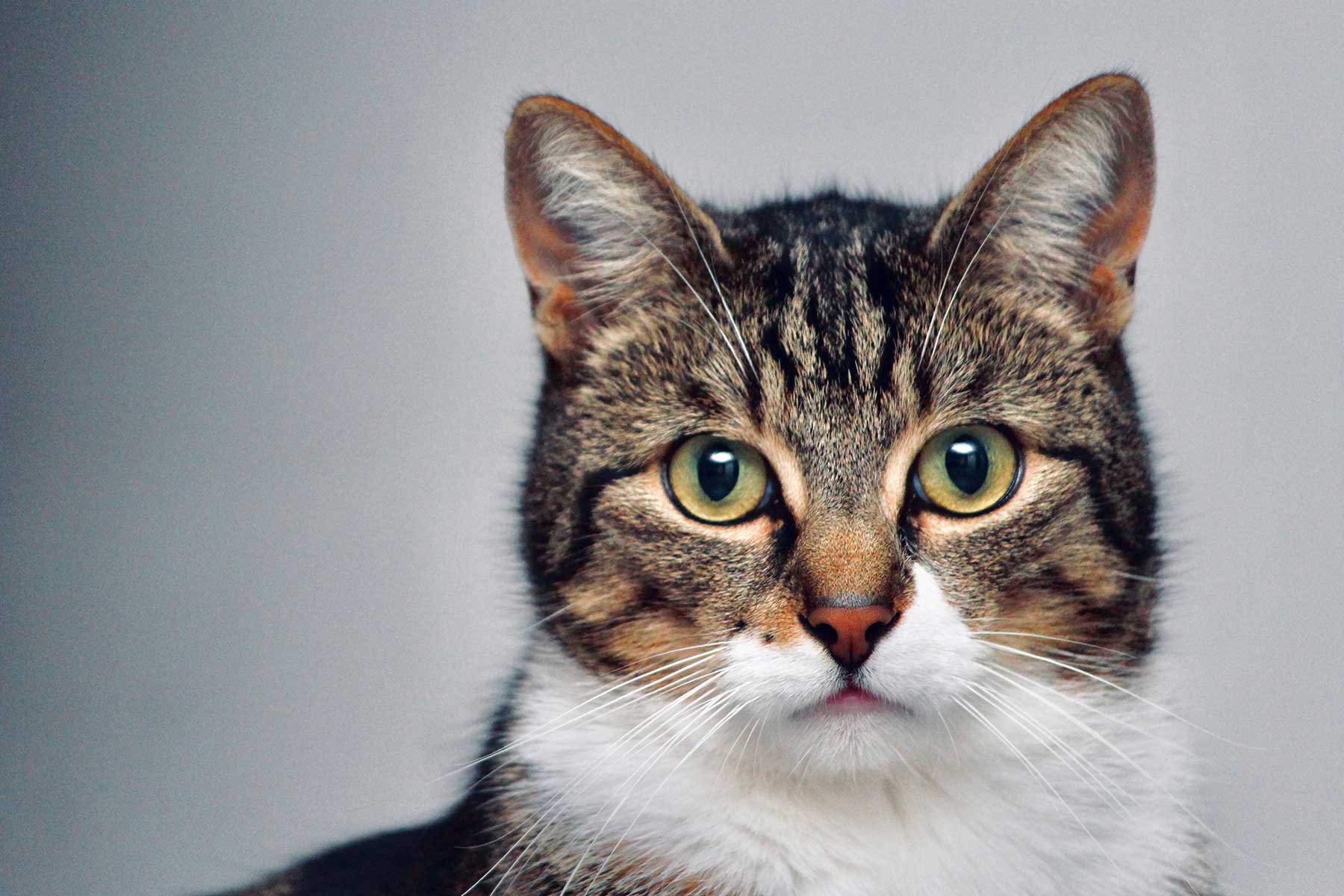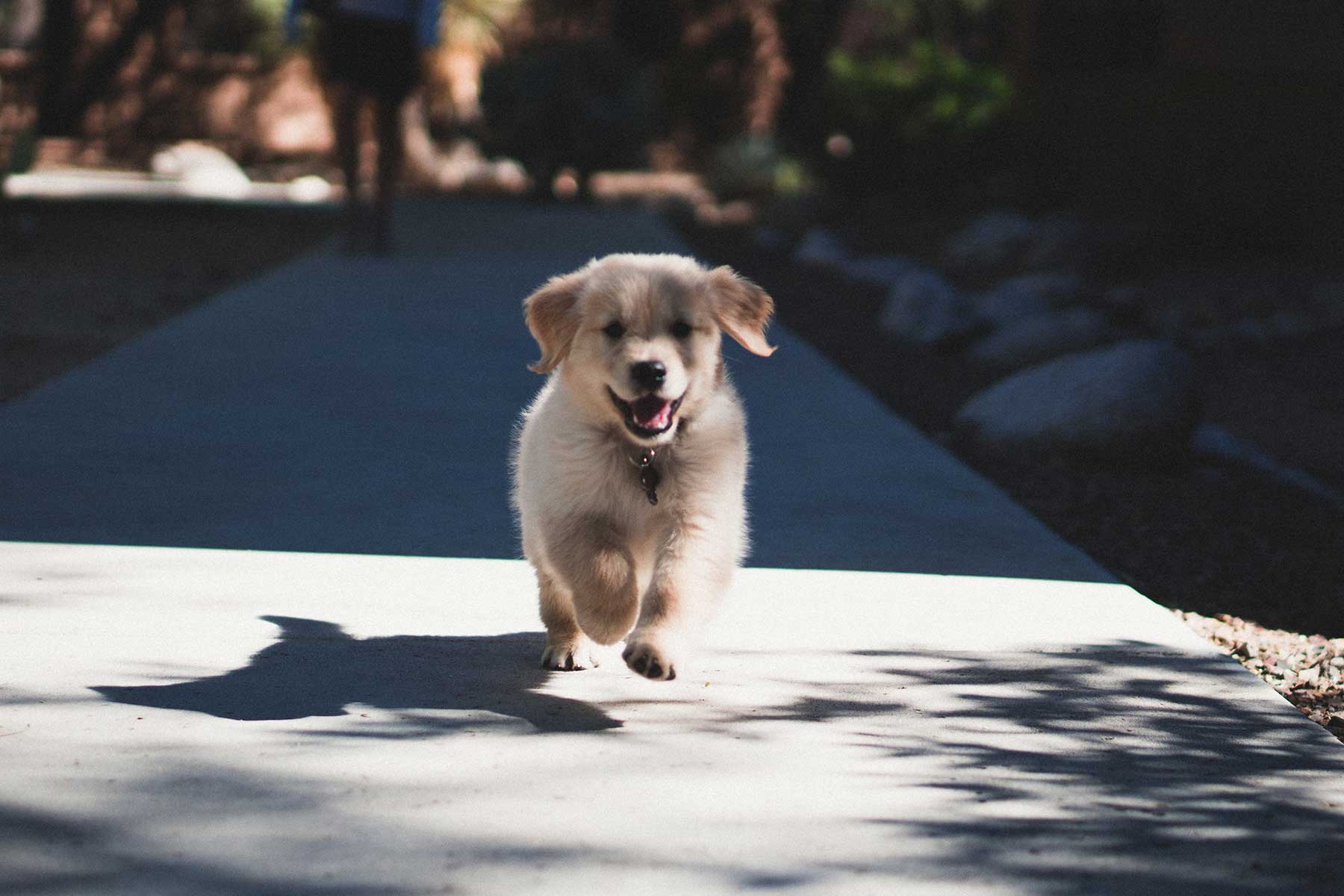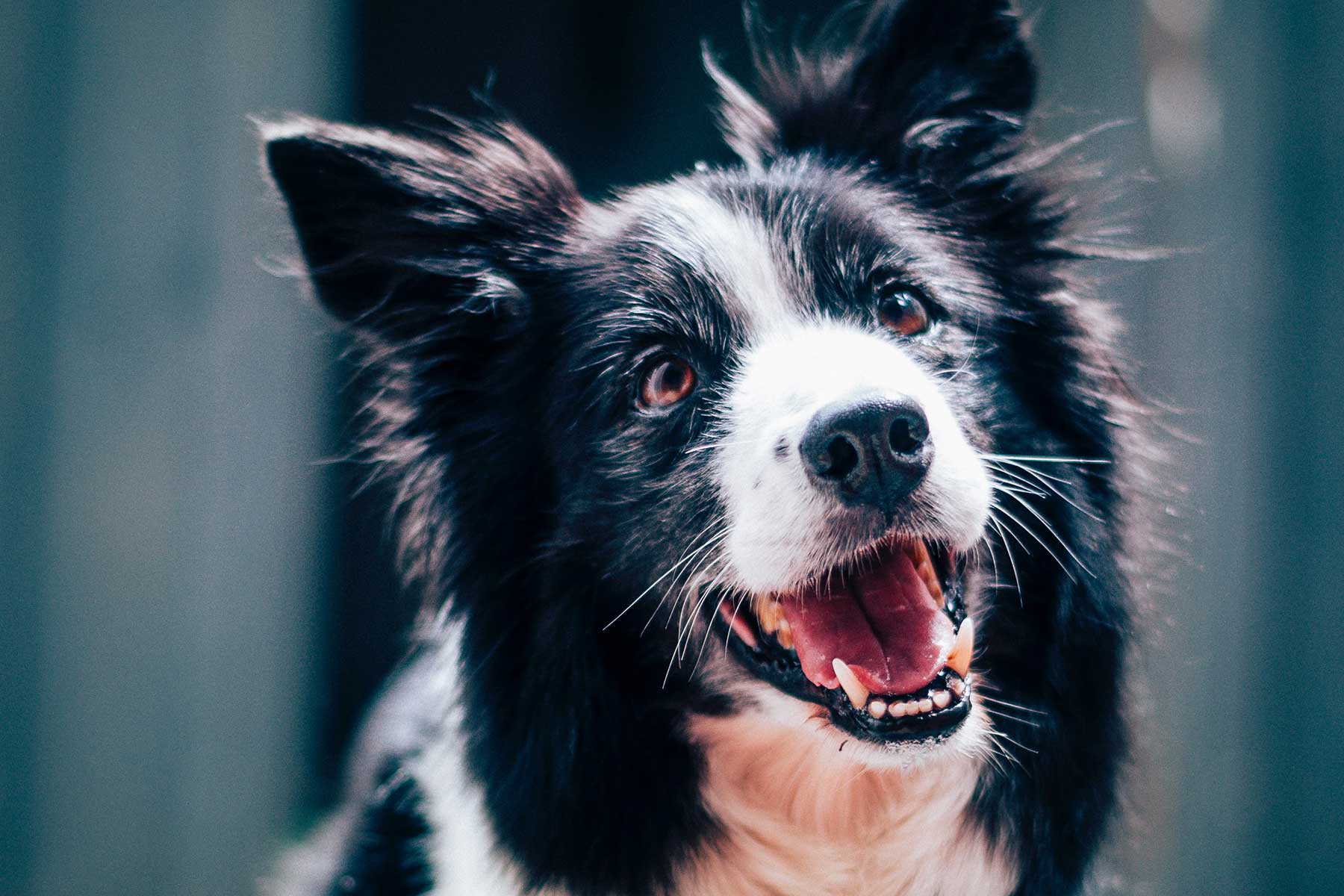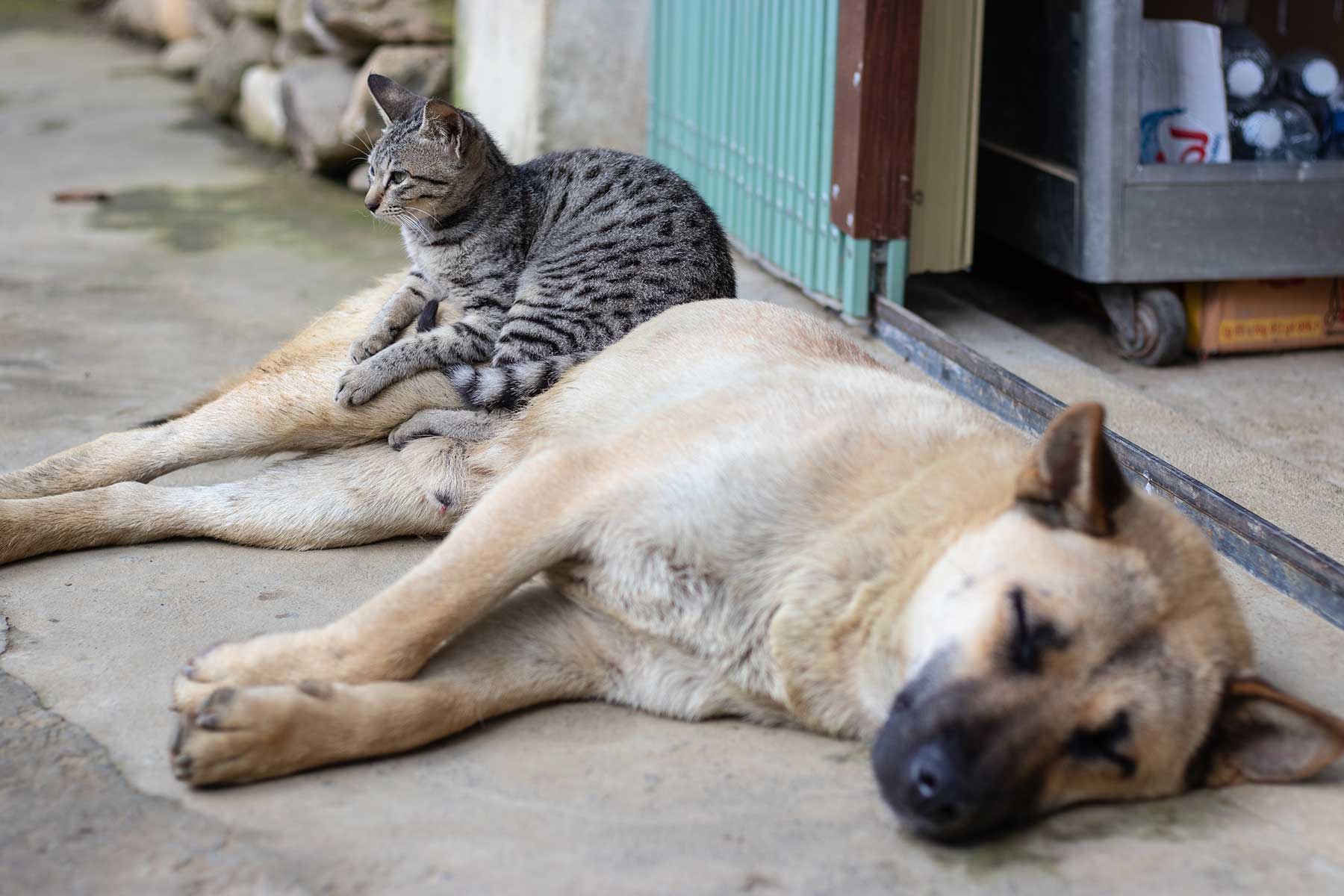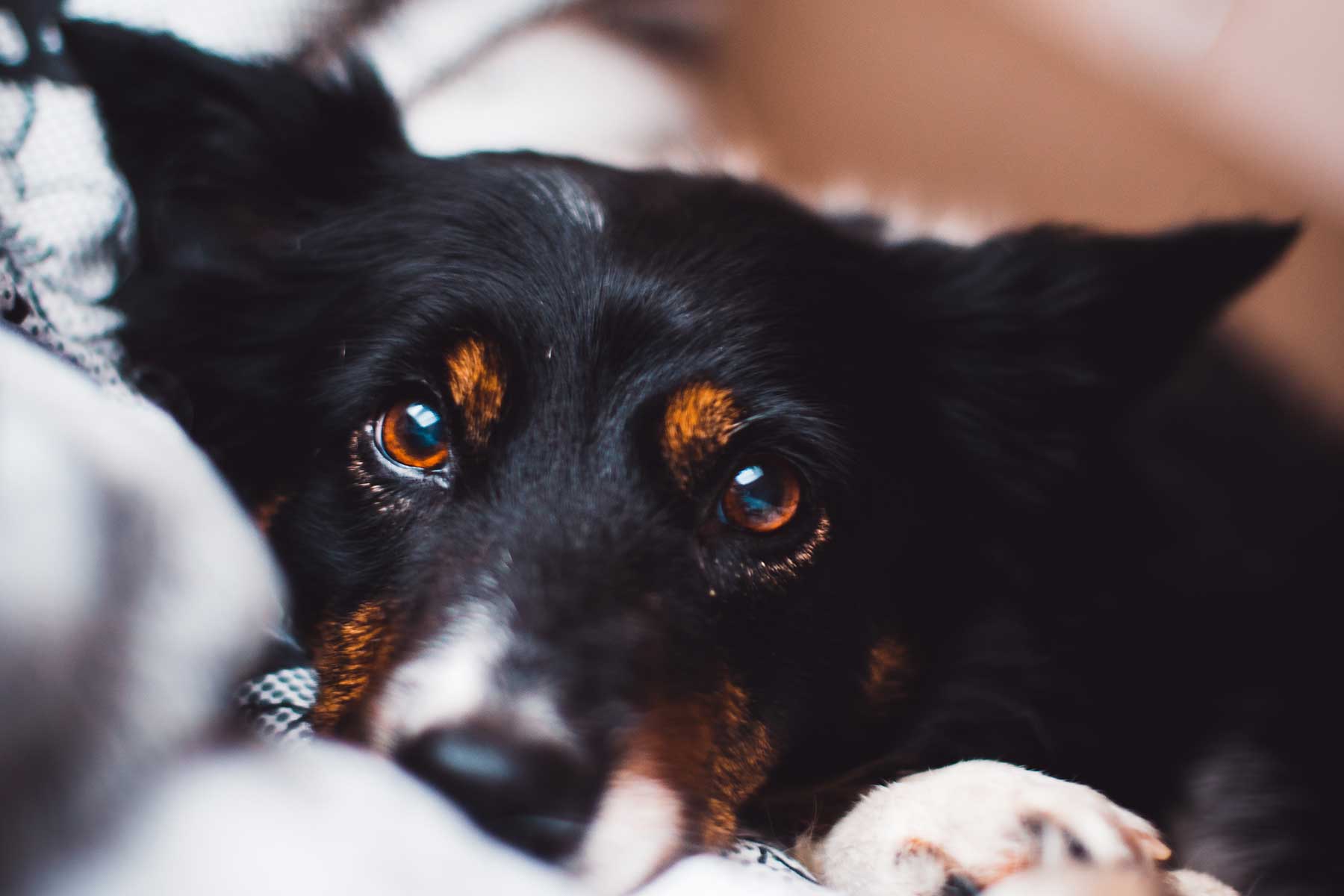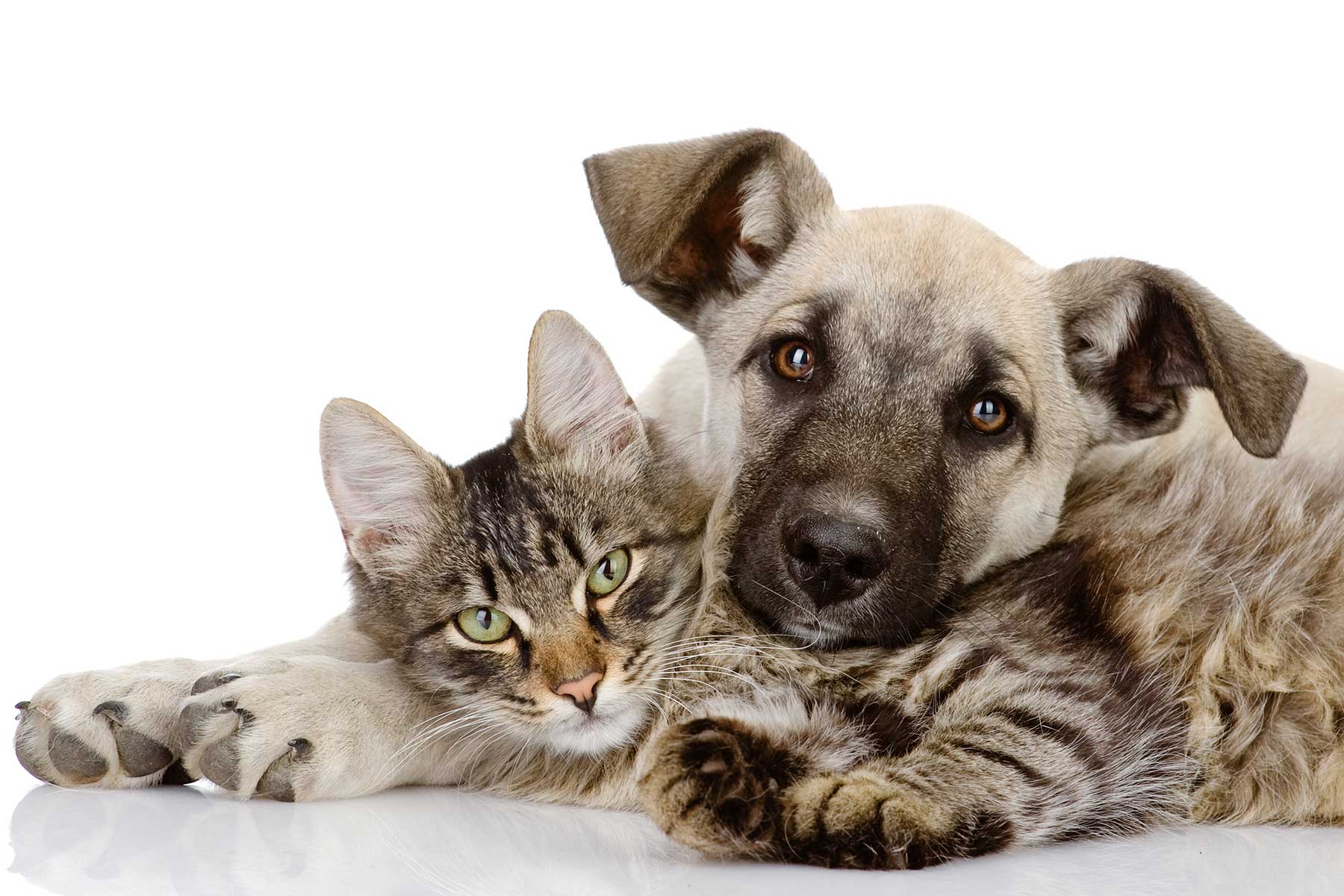The Devon Rex is named after the English county where they first appeared.
Appearance
The Devon Rex is a feline version of “E.T”. Their short wide-cheeked face, huge lowset batwing ears and delicately sculpted body, combined with a devlish sense of mischief, give them a pixie-like persona. Compare to the Cornish Rex, the Devon Rex has much wider ears, a smaller face, pronounced cheek-bones and a shorter nose. Their distinctive coat is curly and feels like suede or brushed corduroy.
Temperament
The Devon Rex make intelligent, extroverted and very affectionate pets. Alert and quick, they usually display a great inquisitiveness. Curiously, they tend to waver their tails when they are pleased.
Grooming
Their low allergenic “Poodle-type” coat is low maintenance and sheds minimally and means that many asthma or allergy sufferers who are unable to enjoy ownership of other breeds, may be able to live with a Devon Rex. As their coat does not afford the same protection as the coat of other breeds, the Devon Rex need to be kept warm and dry. To compensate for their lack of guard hairs, the Devon Rex has a slightly higher surface body temperature than other breeds, making them wonderful lap and foot warmers.
Health Concerns
For the latest research in breed-related problems in Devon Rex visit the University of Sydney’s LIDA (Listing of Inherited Disorders in Animals website.


